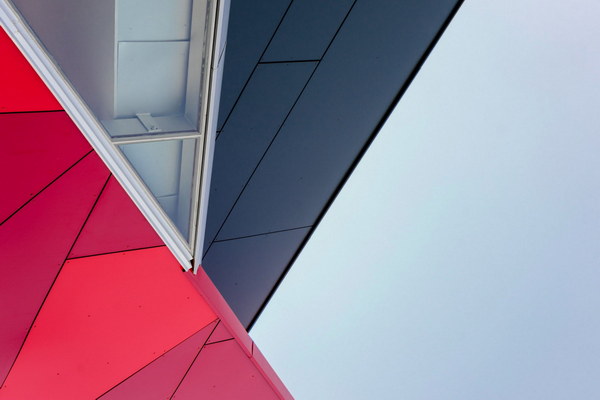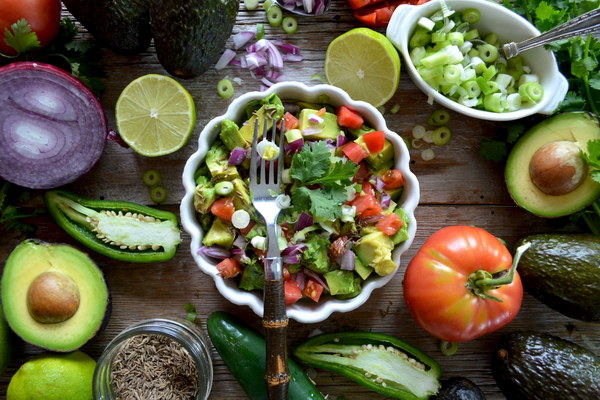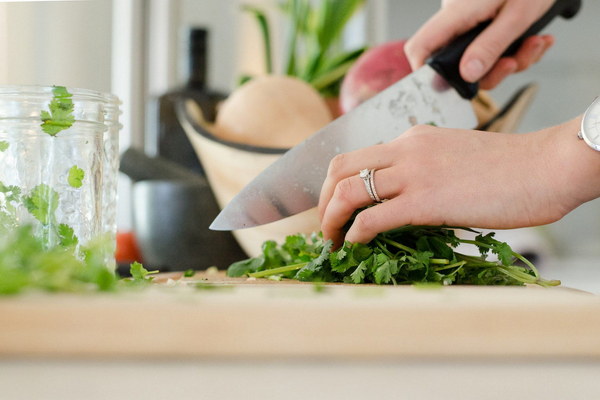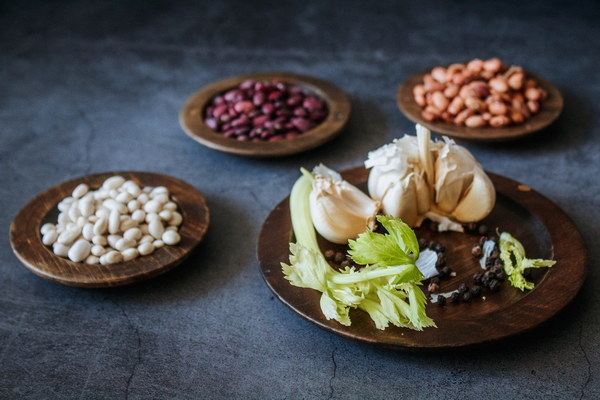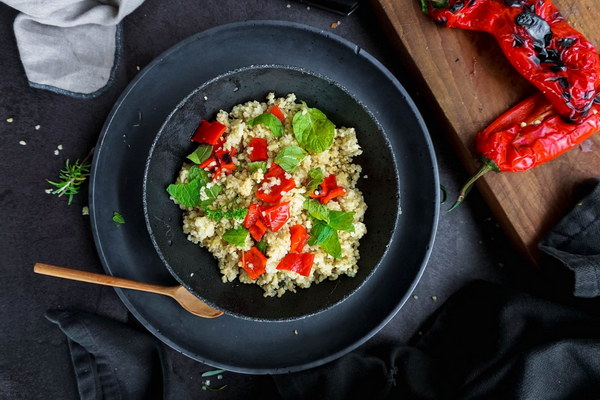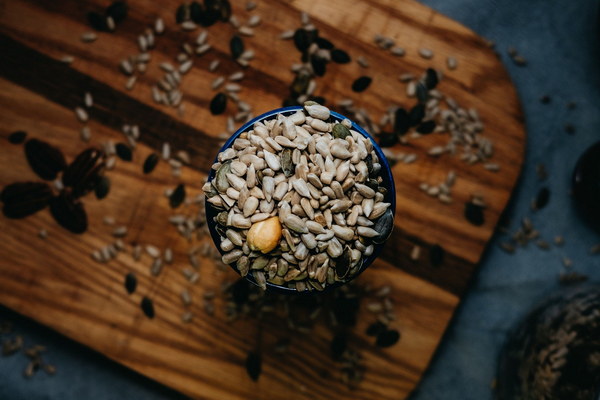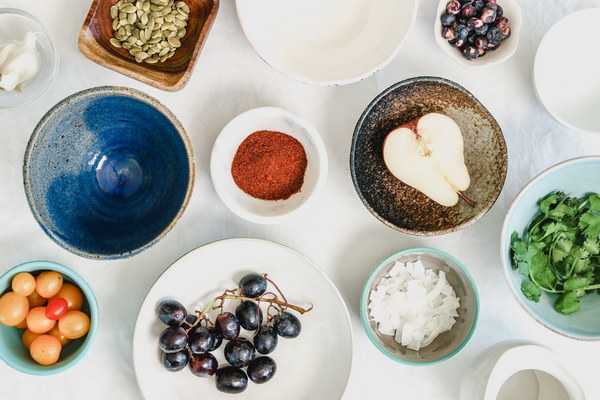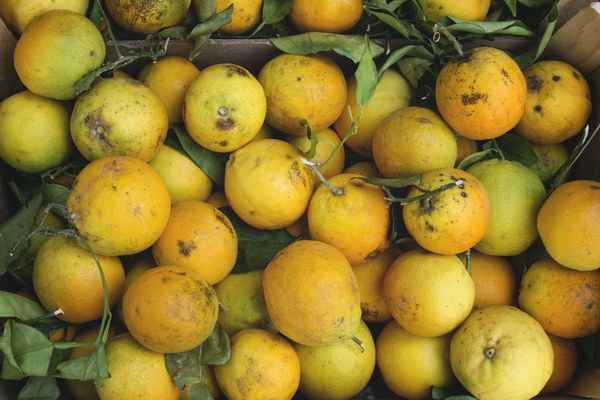Unicorns' Hooves The Ancient Chinese Remedy for Boosting Qi and Blood
In the vast and intricate tapestry of traditional Chinese medicine (TCM), there are numerous remedies and practices that have been passed down through generations. One such remedy that has piqued the interest of modern researchers and practitioners alike is the use of unicorn hooves to replenish Qi and blood. The question on everyone's lips: Does the use of unicorn hooves actually work in rejuvenating the body's vital energy and enhancing blood circulation?
Unicorns, as mythical creatures, have been steeped in symbolism and folklore for centuries. In TCM, the unicorn is revered as a symbol of purity, strength, and divinity. It is believed that the horn of a unicorn has the power to cure any illness or ailment, making it a highly sought-after ingredient in traditional remedies. However, the unicorn's hoof has also been recognized for its medicinal properties, particularly in the realm of Qi and blood tonification.
According to TCM, Qi (pronounced chee) is the life force that animates the body and maintains a person's health. It is essential for the proper functioning of the body's organs and systems. When Qi is deficient, a person may experience fatigue, weakness, and a general lack of vitality. Blood, on the other hand, is the substance that nourishes and protects the body's tissues and organs. A deficiency in blood can lead to symptoms such as pale skin, weakness, dizziness, and anemia.
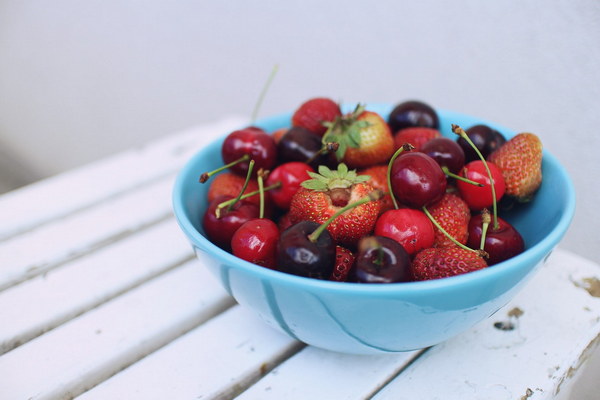
The use of unicorn hooves in TCM is based on the principle that the hoof has a cooling and nourishing effect on the body, which helps to replenish Qi and blood. It is believed that the hoof can purify the blood, strengthen the immune system, and improve overall health.
Historically, unicorn hooves were quite valuable and were used in various remedies. However, the scarcity of unicorns in the real world made it difficult to acquire this precious ingredient. As a result, substitutes were sought, and the horn of the rhinoceros became one of the most commonly used alternatives. This practice, however, has been widely criticized due to the endangerment of rhinoceros species.
In modern times, the use of unicorn hooves in TCM is largely symbolic and theoretical. Many TCM practitioners have moved away from using actual unicorn hooves and instead focus on using other natural ingredients that are more readily available and sustainable. These ingredients include herbs such as Astragalus, Codonopsis, and Ginseng, which are known for their Qi and blood tonifying properties.
Despite the shift in practice, the question of whether unicorn hooves can truly replenish Qi and blood remains a topic of debate. Some modern researchers have suggested that the active compounds found in unicorn hooves may have anti-inflammatory, antioxidant, and immune-boosting properties. However, these claims have not been conclusively proven, and the scientific evidence supporting the efficacy of unicorn hooves is limited.
In conclusion, while the use of unicorn hooves to replenish Qi and blood is an intriguing aspect of traditional Chinese medicine, the evidence to support its effectiveness is sparse. As the world continues to evolve, TCM practitioners are increasingly focusing on sustainable and scientifically-backed remedies. Whether the mythical unicorn hoof will ever be proven to have tangible benefits remains to be seen, but its place in the annals of TCM will continue to captivate the imaginations of both believers and skeptics alike.

